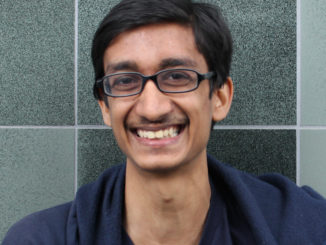
Articles by Asya Bergal

Continuity of progress

Continuity of progress

Continuity of progress

AI Timeline Surveys

Conversation notes

Blog

Conversation notes

Blog

Conversation notes

Conversation notes